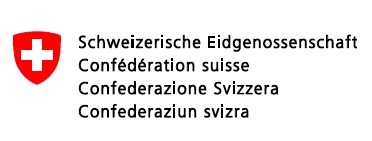 Arbitration in Switzerland is regulated by the Federal Law on Private International Law, in force since 1989 and amended once, in 2011.
Arbitration in Switzerland is regulated by the Federal Law on Private International Law, in force since 1989 and amended once, in 2011.
Earlier this year, on 11 January 2017, the Swiss Federal Council decided to publish a report proposing a certain number of amendments to the Federal Law on Private International Law, which is included below.
Before publication, the Federal Council consulted both with a group of experts including Gabrielle Kaufmann-Kohler, Founding Partner at Levy Kaufman-Kohler and Professor at the University of Geneva, Professor Felix Dasser from the University of Zurich, Geneva attorney Elliott Geisinger, and Professor Daniel Girsberger of the University of Lucerne, and with several arbitral institutions located in Switzerland (i.e., the International Chamber of Commerce Switzerland, the Swiss Chambers’ Arbitration Institution and the Court of Arbitration for Sport).
The amendments with respect to international arbitration have the principal goal of maintaining and securing Switzerland as an attractive dispute resolution centre in the world. They are meant to enhance the Swiss legislation, favoring international arbitration and upholding the parties’ intent to arbitrate.
The report first recommends “maintaining the “dualist” system whereby domestic Swiss arbitration is governed by provisions in the code of civil procedure while international arbitration is governed by the Federal Law on International Arbitration Procedure.”[1]
The amendments then call for a procedure to enable the parties themselves, in addition to the tribunal as is currently the case, to file to enforce interim relief granted by arbitral tribunals, which would be an important development.
They also aim to provide flexibility in the arbitration procedure by liberalising the formal requirements for arbitration agreements and explicitly providing that arbitration agreements can be found in unilateral acts, which would be particularly to the advantage on the Court of Arbitration for Sport located in Switzerland.
They would also allow filings in English before the Swiss Federal Tribunal.
While some arbitrators have expressed satisfaction with the amendments proposed, some practitioners reckon that the reforms do not deal in depth with crucial issues endangering Switzerland’s attractiveness as an arbitration seat, such as the 30 day time-limit to appeal with a fully-reasoned brief.
In 2014, a study by the European Parliament found arbitration in Switzerland to be preferred to arbitration in any other European State, and these amendments seem likely to further enhance the status of arbitration in Switzerland.
[1] https://globalarbitrationreview.com/article/1080006/switzerland-to-update-arbitration-law
